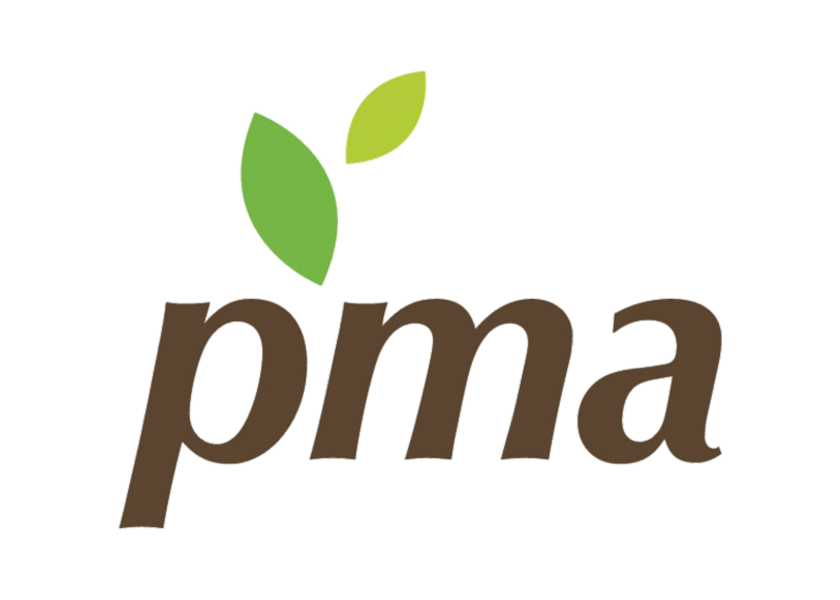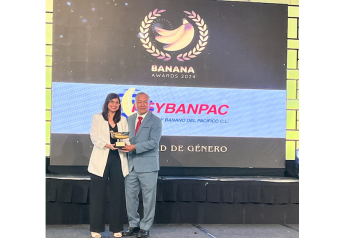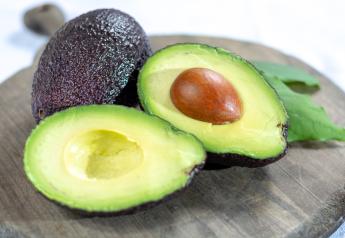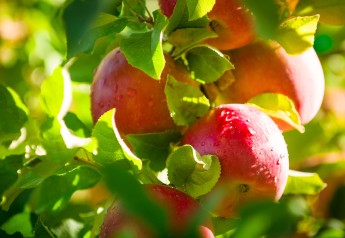PMA: Certain biotech processes shouldn't fall under EPA regulation

The Produce Marketing Association recently submitted comments to the EPA on a proposed rule concerning biotechnology. This is an excerpt of PMA's comments. The full letter is available online.
The Produce Marketing Association is pleased to offer comments on the proposed EPA rule ‘Pesticides; Exemptions of Certain Plant-Incorporated Protectants (PIPs) Derived from Newer Technologies’. We appreciate the Department’s intention to streamline regulations to allow for a partial exemption under the Federal Insecticide, Fungicide, and Rodenticide Act (FIFRA) and the Federal Food, Drug, and Cosmetic Act (FFDCA) for certain PIPs that are created in plants using biotechnology.
The noted benefits resonate with the specialty crop sector, including lower costs from reduced regulatory burden, increased research, development, and commercialization of pest control options for farmers, particularly in specialty crops, and reduced use of conventional pesticides, all of which could provide environmental benefits.
PMA represents more than 2,600 member companies in over 40 countries around the world. Our members operate at every level in the supply chain from growing, shipping, processing, distribution, wholesaling, retail, and foodservice. A significant portion of PMA’s membership includes technology and input suppliers, including manufacturers of products that would be regulated under the proposed rule.
In the United States, it is estimated that PMA members handle more than 90 percent of fresh produce sold to U.S. consumers. PMA serves its members by providing a forum to make business connections and by providing them with the information they need to make decisions that will enhance their businesses, allowing them to deliver fresh fruits and vegetables to consumers. Regardless of size or scope of operations, our members are committed at every level to
improving the health and well-being of consumers.
General Comments
PMA appreciates EPA’s efforts to modernize the Plant-Incorporated Protectants (PIPs) regulations to better reflect breeding innovations that have been developed in both the public and private sectors. We are encouraged by EPA’s emphasis on PIP exemptions applying to sexually compatible plants and the Agency’s acknowledgement that these PIPs pose no greater risk than conventionally bred PIPs, which are already exempt. The final regulations will provide an important context for future investments in the sector, including the specialty crops that PMA represents. The promise and benefits from new technologies
such as gene editing are substantial.
Specialty crops face a diverse and ever-expanding number of pest and pathogen challenges, from the invasive Asian citrus psyllid and the disease it vectors (citrus greening) to cosmopolitan post-harvest pathogens like botrytis which regularly inflict significant crop losses across fruits, vegetables and floriculture. Reducing inputs while meeting the needs of an expanding global marketplace requires innovation. Techniques like gene editing and other modern biotech approaches that are on the horizon are crucial to these efforts.
It is important to note that in reviewing the proposed rule, a priority for PMA’s evaluation was the alignment of the regulations with USDA’s counterpart SECURE rule (7 CFR part 340), which was finalized in May 2020, regarding the introduction (importation, interstate movement, and environmental release) of certain genetically engineered organisms. We are concerned that EPA’s proposal departs significantly from the approach embraced by USDA. In addition, EPA’s proposed approach to regulating outputs from modern biotechnology is process-based rather than risk-based, resulting in exemptions that cover a subset of breeding practices typically considered conventional. When exemptions do apply, they are limited in scope and not reflective of risk-based regulation.
In the proposal, EPA acknowledges that gene editing techniques are low-risk and a variety developed using modern biotech tools can be “indistinguishable” from a variety developed through conventional breeding. For these reasons, PMA believes that EPA’s approach to regulations of crop varieties bred using modern biotechnology should be risk-based and create an exemption from FIFRA and FFDCA regulations that is functionally indistinguishable from the exemptions afforded to conventionally bred crops.
PMA understands that some developers utilizing various modern biotechnologies might chose to share additional information regarding their new varieties and the processes used. We support a framework that would allow that. However, those are marketing needs and should be pursued outside of EPA’s regulatory framework. EPA should not require notification of crop traits that are achieved through gene edited but could have otherwise been accomplished through conventional breeding practices.
Conclusion
In summary, we feel that one of the greatest opportunities for EPA and industry to meet the growing global demand for healthy and nutritious food is to encourage the development of new, low risk varieties through breeding innovations. Access to this technology is vital to efforts to reduce inputs and meet global sustainability challenges. With that goal in mind, we believe the regulations should be science and risk-based, not market or process-based.
This can be accomplished by granting the same exemptions to plant products achieved through gene editing that are in place for conventionally bred crops, as long as the gene edited traits fall within the sexually compatible plant gene pool (as described in EPA’s proposal) or could have otherwise been accomplished utilizing traditional breeding practices (e.g., mutagenesis).







